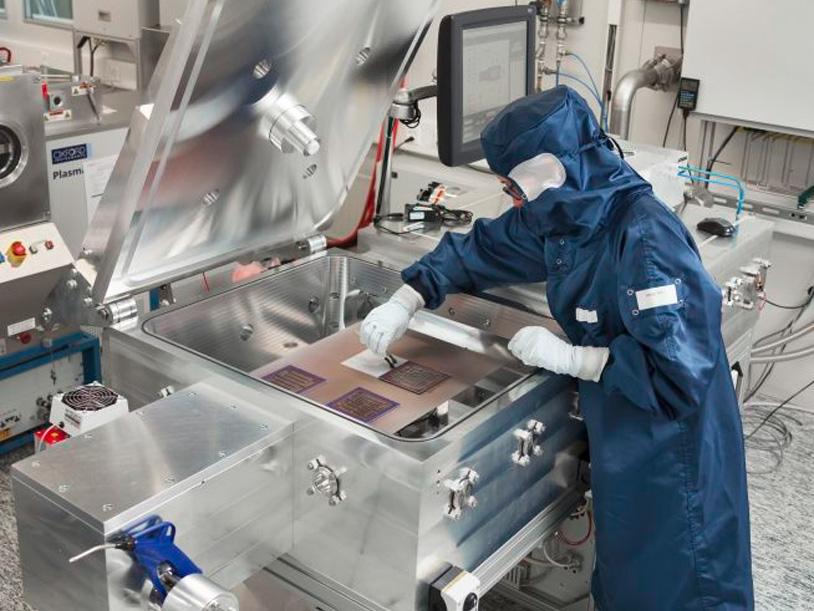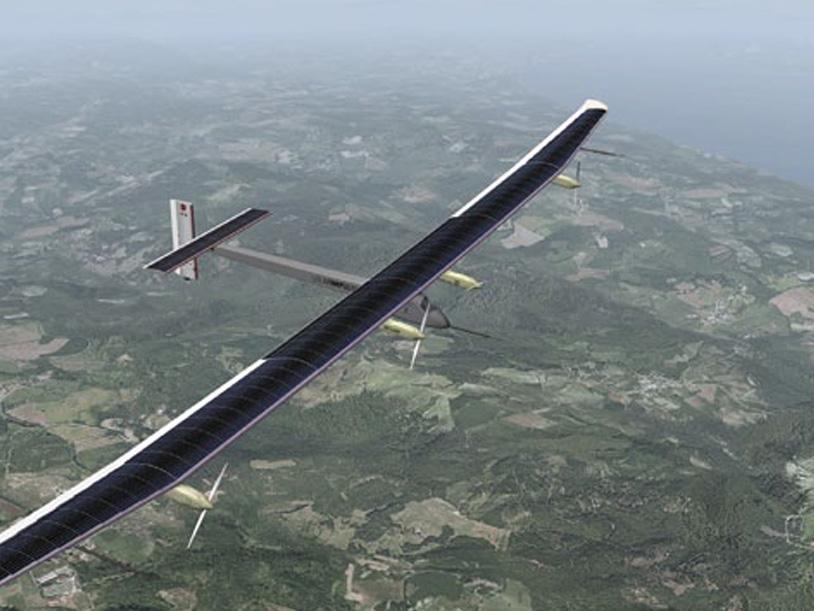
Company Description
The Photovoltaics-Laboratory (PV-Lab) of EPFL is headed by Prof. Christophe Ballif since 2004, has pioneered several new processes for the preparation of thin-film silicon, such as the introduction of very high frequency (VHF) plasma deposition and microcrystalline silicon as an efficient photovoltaic material, and simple processing of heterojunction crystalline cells. Current activities of the laboratory cover a broad spectrum, ranging from fundamental research to industrial technology transfer. The group of reliability focuses on the long-term reliability of photovoltaic (PV) modules, which is influenced by the properties of the different materials and interfaces composing the module as well as by the external stresses operating on the module in real conditions. In the past years, the laboratory has also developed novel products for a better integration to buildings, such as the colored -terra-cotta-like - thin-film silicon module, as well as innovative characterization set-ups. Currently, various types of materials and configurations are being tested, including analysis of BIPV modules available on the market. We are also working on the development of lightweight modules, as most of the building structures have not been designed to support the additional weight of the BIPV modules. A standard PV module can weight around 13-20 kg/m2 while with our developments we aim to achieve 6 kg/m2. In order to reach this goal, we have been using for instance an innovative backsheet for PV market based on a composite sandwich structure.
Assets connected to the Be-Smart Project
EPFL is the coordinator of the BE-SMART project. In the framework of the Be-Smart project EPFL will primarily contribute to:
- the development of module design and selection of materials to extend module life-time to 35 + years. A target that should align the life-time of PV devices to that of other building components. This will allow to re- duce LCOE of BIPV solutions, by simultaneously reducing O&M costs and increasing energy-yield over life-time;
- improve understanding of the dominant failure mechanisms experienced by PV modules in the built environment, where the modules, as an ex- ample, are exposed to higher operating temperatures and temperature excursions;
- design proper extended qualification testing sequences for BIPV modules (pre-normative inputs) which should contribute to reach the life- time target of 35+ yrs and increase confidence in and market acceptance of BIPV;
- Improve accuracy of energy-yield (kWh/kWp) modelling of BIPV systems. The combination of these targets, combined with solutions offering improved aesthetics, should prospectively contribute in increasing acceptance and confidence of PV in the building environment (BIPV) and consequently help promoting a wider diffusion of PV in the urban context.















